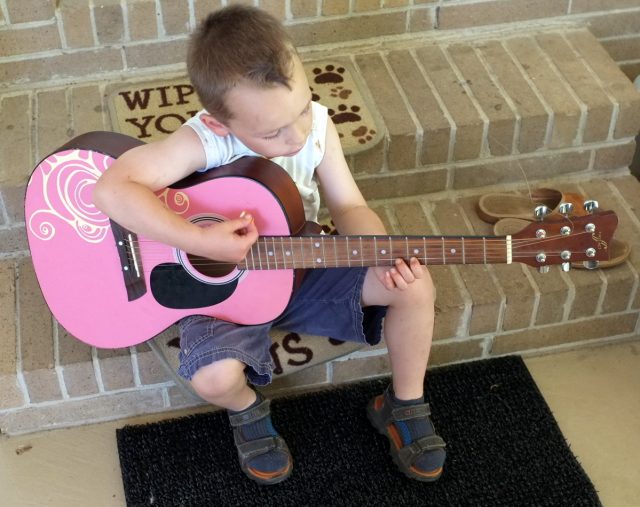I’ve had enough experience teaching now to realize that my worries about returning to school after spring break — potential laziness, potential mutiny, potential problems of every sort — are almost always unfounded. The first week back is almost always painless. But it’s busy, getting used to the schedule again.

This week was the last week before testing. Our school has decided to do the state-mandated testing a little differently this year, and I applaud the decision. Instead of having a week of eighth-grade testing, where we test day after day after day (math, then English, then science, then social studies), followed by a week of seventh-grade testing and a third week of sixth-grade testing (divided by grade because we still don’t have enough Chromebooks for the whole school to test at the same time), we’re testing one day a week for four weeks. Next week we begin, and once those four weeks of testing are over, the school year is almost over. Perhaps that’s what makes the transition from spring break always a bit easier: we all know we have that final push until the big break.

It’s also the time of year that students who are at risk of failing a given class — students who throughout the whole year have usually done very little other than disrupt class — decide they might want to try to do something to save themselves. There’s always one or two who don’t, and they usually move on the ninth grade anyway through this or that administrative and summer school magic. I’m not putting down our school: it’s a phenomenon that occurs throughout the country, I suspect. But I do have mixed feelings about it.

On the one hand, what will keeping these students back accomplish? It’s not like they’re going to behave any differently if they repeat. Because our district — perhaps state? never cared enough to check into it — has a policy that a child cannot fail two years, they’re just going to get pushed on, and if they have already been held back, they know they can’t be held back again, which probably prompts a lot of the apathetic behavior. (Students have told me, “I’ve already failed one grade: you can’t hold me back again.”)

On the other hand, isn’t this just teaching them a wonderful lesson for the future? “I can do nothing and still succeed!” What happens to them when they get to high school and the rules change? I’ve told several students over the years, “When you get to high school and fail freshman English, they don’t say, ‘Well, he was close. Let’s give it to him.’ They say, ‘Try again.’ And if it looks like you’re going to fail a second time, they don’t say, ‘Well, he’s already failed once. Let’s move him on.’ They say, ‘Nope. Try a third time.'” And by then, they’re old enough to drop out, and they do. What happens to them when they try to keep a job with that kind of thinking? In short, they don’t. They can’t.

So this is the time of year all of this swirls through my head, and I find myself thinking about my own responsibilities. It’s much easier for me, regarding paperwork and the like, just to move the kid on as well. It’s much easier for me to make my class almost impossible to fail. I think to myself, “They’re still kids: they’ll grow out of it.” But I look around at some millennial young adults and find myself thinking, “Well, maybe not.”

It’s also the time when thoughts and plans for summer are solidifying. This time last year I was getting a little nervous about the huge project that was looming on the horizon. I didn’t know what all was behind the walls, what all awaited us. And now I know what’s behind the walls because I put it there, and the only thing that awaits us in the kitchen is a bright, open space now.

But plans are just that, and now it’s time to get planting, get mowing, get weeding — all the joys of spring that just leave you exhausted but strangely satisfied.

And time to play guitar with your neighbor.
0 Comments